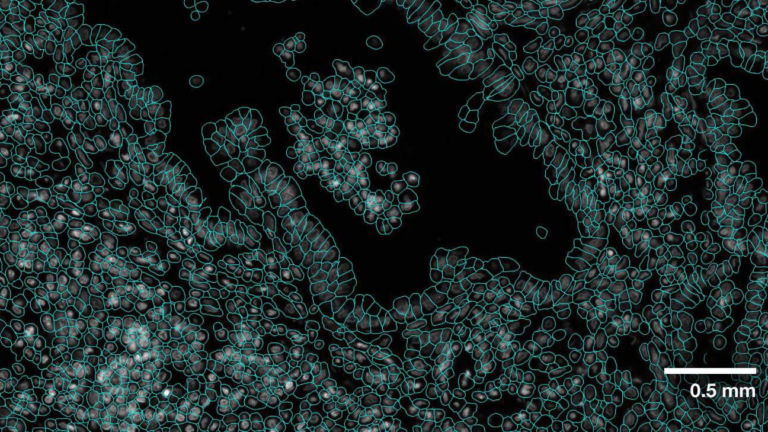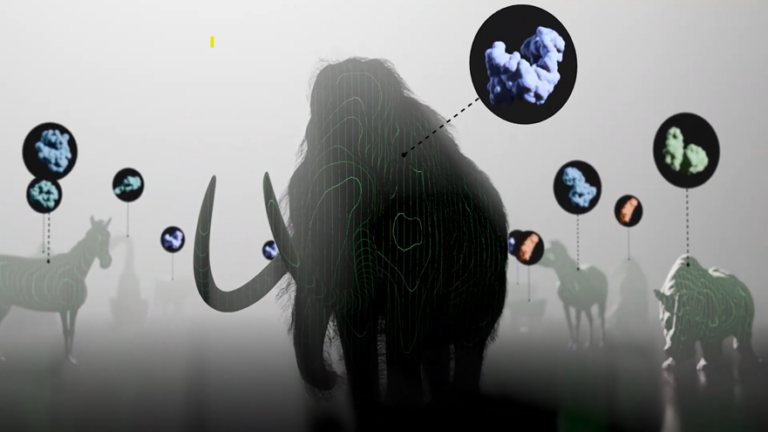Welcome back Greyhawkers! If you’ve spent as much time as I have staring at the Darlene map of the Flanaess then you’ll understand that you start to question the meaning and origins of every damn label Gygax used for his geography and towns. Sure, we know a ton of them are anagrams or homages of family and friends, or are using French, German or Latin words, but the ones that are left over still sometimes need defined to fully understand them. Gygax after-all was a wordsmith who was fond of using archaic English vocabulary in his Greyhawk works (often for NPC names). Let’s explore some words from the map, see which ones you know already, and if you have any clarifications, please put them in the comments. Enjoy!
(Plains of the Paynims) paynim: (noun) “heathen; pagan” I always assumed this was a reference to nomads or something Arabic adjacent. What I failed to understand all these years is that paynim is a real-world derogatory name (albeit an archaic term). From the meta-perspective of the World of Greyhawk Guide’s author, yes, the men of the plains would be heathens or pagans compared to the Flanaess’ cultures. This term of course fits in on a pulpy map that also lists barbarians, nomads, and savages. I can now only assume the peoples of the Baklunish West would have a different name for this region!
(Lake Quag, Quag Keep) quag(mire): (noun) “soft miry land that shakes or yields under the foot; a difficult, precarious, or entrapping position.” I always knew Quag was a root of quagmire. I think the first time I heard the word was in reference to a war you cannot get out of once started. I wonder if Gygax envisioned Lake Quag as some place that is dangerous then? It doesn’t seem especially bad, like it may freeze over but that’s far from what you’d expect in a quagmire situation.
(town of Shiboleth) shibboleth: (noun) “a word or saying used by adherents of a party, sect, or belief and usually regarded by others as empty of real meaning; a truism or platitude; a custom or usage regarded as distinguishing one group from others.” I got to admit I’ve never seen this word used in general conversation only in writing, maybe it’s one of these antiquated Gygaxian words. What is interesting though, is that the town of Shiboleth (one “b” less) is in Gran March, a (religious) militant state. So that choice of word is on the mark!
(Spindrift Isles) spindrift: (noun) “sea spray; fine wind-borne snow or sand” This is a word I didn’t know the definition of until I wrote this article and is what started me down this dictionary rabbit hole in the first place! Now I have never spent time on the sea, the desert or in the arctic, so it’s new to me, but maybe this is a commonly used term? In any case, kudos to Gygax for naming an island chain with such an appropriately descriptor. It is amusing to me though, that he could have just as easily called the Bright Desert the Spindrift Desert and this entry would be unchanged!
(Gamboge Forest) gamboge (noun) “a strong yellow; an orange to brown gum resin from southeast Asian trees of the Saint-John’s wort family that is used as a yellow pigment and cathartic.”
(Celadon Forest) celadon (noun) “a grayish-yellow green; a ceramic glaze originated in China that is greenish in color.”
A two-for-one on this entry. I covered both these words in a previous article on
Colorful Places of Greyhawk. Gygax uses A LOT of colors in his naming schemes. These two rare words however eluded my consciousness for many years before I started blogging. Celadon makes sense for a forest descriptor, whereas gamboge perhaps is referring to the forest’s changing leaves during the autumn season.
(Woolly Bay) woolly (adjective) “consisting of wool; like the rough, vigorous atmosphere of the early West in America.” This is one of my favorite choices of Gygax’s. And I don’t think this is about woolly mammoths or wool sweaters. Here we literally have “wild and woolly” labelled side by side on the map. Gary likely envisioned the Wild Coast and Woolly Bay as his medieval fantasy version of the Wild West. He even gave us the gunslinging paladin Murlynd after all (have gun will travel).
(town of Knurl) knurl (noun) “a small protuberance or knob; one of a series of small ridges on a metal surface to aid in gripping.” Coincidence or clever Gygaxian naming for this town? I don’t know much lore about Knurl, but maybe the town is built on a hill? It is kinda at the tip of the Blemu Hills I think.
(Suss Forest) suss (verb) “to inspect or investigate so as to gain more knowledge.” This one I knew about, but it’s still weird to my ears, like yes, we do need to investigate this evil woodland more. No, what I think is actually happening in this case is Gygax used a root of the word of susurrus “a whispering or rustling sound.” Now that sounds like a cooler reason to name an evil forest.
(Gnarley Forest) gnarly (adjective) “twisted with or as if with gnarls or knots; distasteful or distressing, gross.” Everyone’s favorite forest (an added “e” for variation) is an aptly described place that gives you an immediate mental image of being old, dense and twisted. If you grew up in the 80’s however the latter definition certainly made this forest into a running joke. Good times.
(Welkwood) welk (verb) “to lose freshness or greenness, dry up; to become less.” This one I’m not totally sure about but again, Gygax is known for using obsolete words in Greyhawk. Welk can be a synonym for fade, wilt or wane. This definition doesn’t evoke the image of a lush sylvan forest though, unless it is already in decline from ancient times. Another thought with the benefit of hindsight, I’d speculate that the “Suss and Welk” forest names should be swapped. One other possibility, Gygax was a fan of Lawrence Welk? Shrug!
(Nutherwood) nuther (conjunction, pronoun or adjective) “not either; not the one or the other of two or more.” This one is a stretch so bear with me. According to the internet, (which is always right) nuther is a dialectal variant of the word neither. So, taken in context of the Flanaess on the opposite side of the river is the ghostly Phostwood and the locals are calling this side “Neitherwood” meaning this is also not a place you should enter. My other suspicion is that “nuther” is a play on “nether” implying this woodland is some kind of otherworldly place of the dead. Now that seems more fitting for a fantasy setting!
(Flotsom Isle) flotsam (noun) “floating wreckage or a ship or its cargo; a floating population (emigrants/castaways); miscellaneous or unimportant material.”
(Jetsom Isle) jetsam (noun) “the part of a ship, its equipment, or its cargo that is cast overboard to lighten the load in time of distress and that sinks or is washed ashore.”
I have another two for one entry. You know I gotta mention these two words because they’re part of the Hold of the Sea Princes. Not kidding, I went many, many years before I knew the definition of flotsam and jetsam. Jetsam kinda sounds like jettison, which has to share the same root meaning. Also, I guess Gygax used a variation of the spelling, “flotsom and jetsom” cause fantasy world, right? Whatever the spelling or meaning, these islands are perfectly named for their location, a high seas haven for buccaneers.
(Griff Mountains) griff (noun) “a deep narrow glen or ravine; news or reliable information.” I’m uncertain about this one as well. I see this word is a dialectal variant, or a slang English word. It’s most likely just the shortened version of the mythical creature griffon (griffin) of course. This is D&D after all. Still, calling a mountain range griff because of its numerous glens and ravines doesn’t seem all that implausible.
(town of Glot) -glot (adjective combining form) “having knowledge of or using languages.” This last word I enjoyed more than I thought I would. Polyglot is a word I’ve always known, and glottal and glottis refer to vocal cords. So here we have the capital of the Cruskii, did Gygax intend Glot to be monosyllabic because they are barbarians? Maybe it’s a clever inference that the Ice Barbarians are multilingual, or good at war cries, I don’t know! Or maybe I give Gygax too much credit in naming the Flanaess, and Glot is just four random letters. That’s all I got for now! If anyone has a cool obscure map word definition, let me know!












